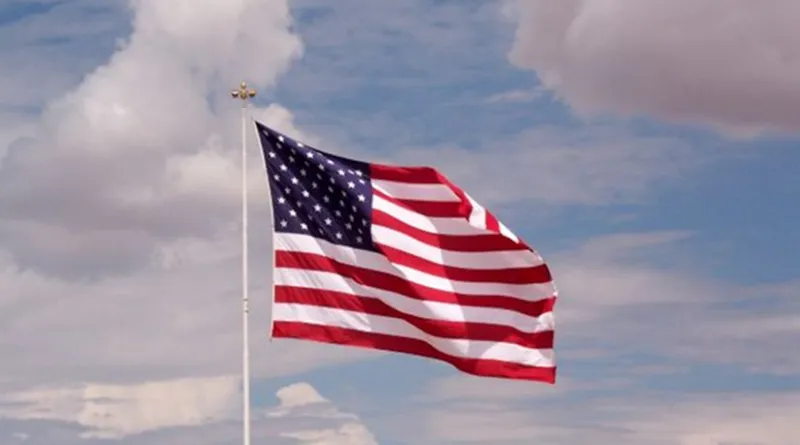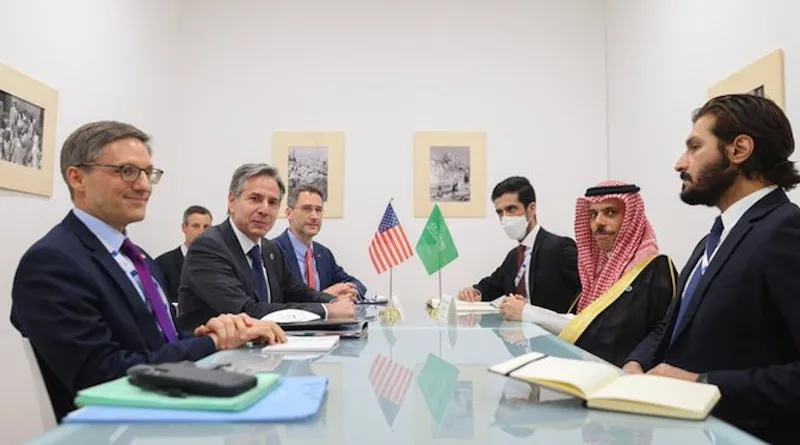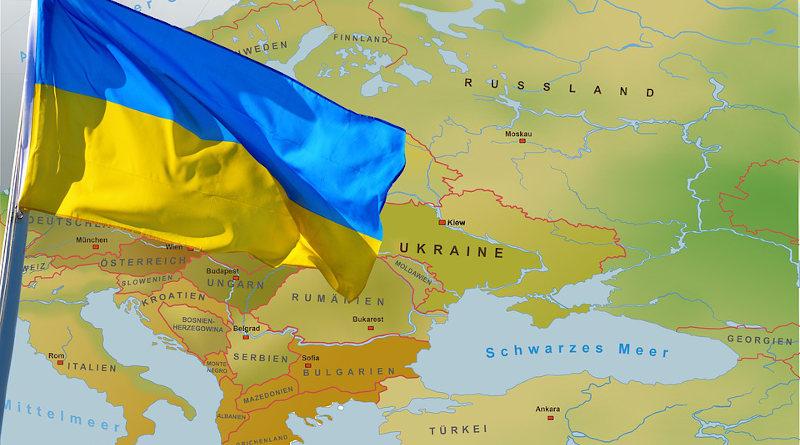Possible Swedish & Finnish NATO Accession Risks Undermining Stability in Northern Europe – Moscow
Earlier this week, Swedish media reported that the country’s Prime Minister plans to apply for Sweden to join NATO in June. Finland’s PM, for her part, said Finland would decide on NATO membership “within weeks”.
The possible accession of Sweden and Finland to NATO risks undermining stability in northern Europe, the Russian Foreign Ministry said.






